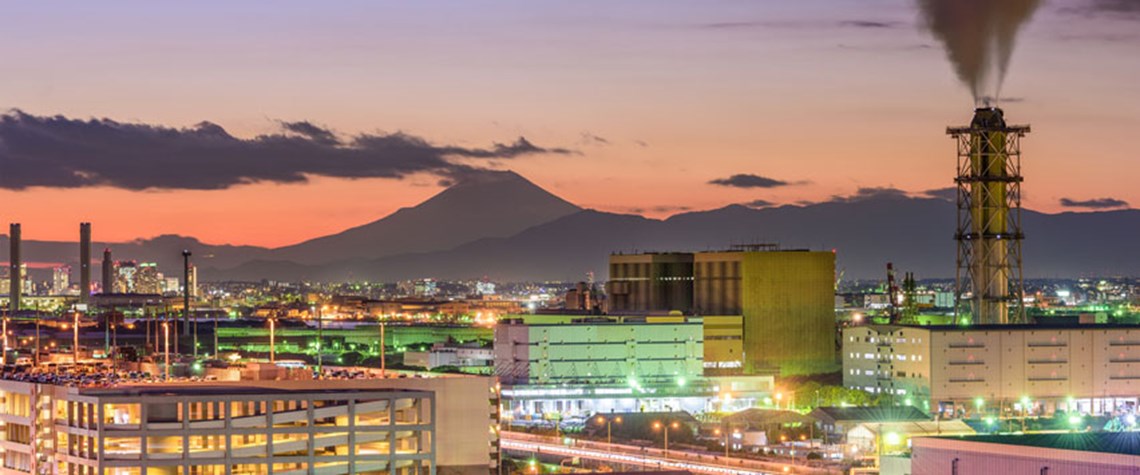Decarbonising LNG: the heat is on
When the largest buyer in the largest consuming country commits to net-zero emissions by 2050, suppliers must start to respond. And they are
The LNG industry has over the past 18 months had to confront much more directly the potentially existential threat of the Paris Agreement. A key element of that agreement—“to achieve a balance between anthropogenic emissions by sources and removals by sinks of greenhouse gases (GHGs) in the second half of this century”—has spurred companies, countries and even continents to pledge net-zero GHG emissions by 2050. It can be argued that the LNG industry should have responded sooner, given the Paris Agreement was reached in 2015. Belatedly, it was a series of events in 2020 that proved to be the spark for the current explosion of interest in so-called carbon-neutral LNG. Customer-led “In the spa

Also in this section
17 February 2026
The 25th WPC Energy Congress, taking place in Riyadh, Saudi Arabia from 26–30 April 2026, will bring together leaders from the political, industrial, financial and technology sectors under the unifying theme “Pathways to an Energy Future for All”
17 February 2026
Siemens Energy has been active in the Kingdom for nearly a century, evolving over that time from a project-based foreign supplier to a locally operating multi-national company with its own domestic supply chain and workforce
17 February 2026
Eni’s chief operating officer for global natural resources, Guido Brusco, takes stock of the company’s key achievements over the past year, and what differentiates its strategy from those of its peers in the LNG sector and beyond
16 February 2026
As the third wave of global LNG arrives, Wood Mackenzie’s director for Europe gas and LNG, Tom Marzec-Manser, discusses with Petroleum Economist the outlook for Europe’s gas market in 2026







